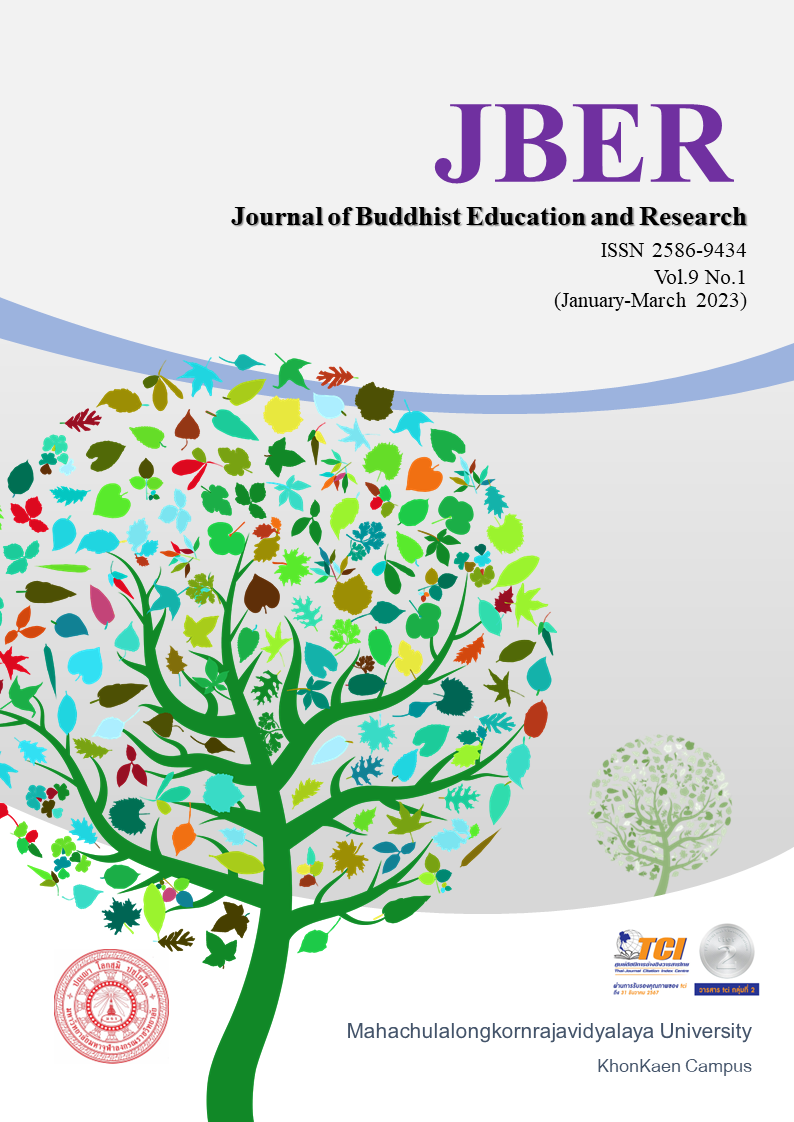A STUDY ON TACIT KNOWLEDGE TRANSFER PROCESS FROM THE PERSPECTIVE OF FOUCAULT'S KNOWLEDGE/POWER
Abstract
Knowledge transfer is an important way to realize the value of knowledge. Throughout the existing literature on knowledge transfer ability and absorptive ability, most of the research is conducted by using point-in-time data (such as questionnaire survey) or pure theoretical reasoning .The research mostly focuses on the single knowledge sender to the single knowledge receiver. From the perspective of practice, it is obvious that these research methods cannot reflect the real dynamic relationship between variables, let alone reveal the interaction process between variables. More importantly, they ignore an important part in the process of knowledge transfer and sharing---the game.
From the perspective of practice, it is not difficult to find that when we observe knowledge transfer from the perspective of game, we seem to be able to explain the characteristics of non-semantic and uncertainty in the process of knowledge transfer more comprehensively. Foucault's knowledge/power provides a valuable perspective for us to study the process of knowledge transfer.
Because the management of the choir is characterized by its own non-semantic and uncertainty, the choir director pays special attention to the transfer of tacit knowledge in the management of the choir. Command in the management process of the choir, is only part of the professional level of music performance management is very similar to the education process. However, there is no special study on the form of music tacit knowledge and the characteristics of tacit knowledge in music teaching. This study analyzes the process of tacit knowledge transfer from conductor to chorus and the competition process of conflicts and compromises between multiple knowledge senders and receivers in the process of knowledge transfer.
References
Benjamin Flämig. (2018). Know how to do better Know-how. Bibliothek Forschung und Praxis(1), doi:10.1515/bfp-2018-0004.
Dirk J. Roux,,Kevin H. Rogers,,Harry C. Biggs,... & Anne Sergeant.(2006).Bridging the Science-Management Divide: Moving from Unidirectional Knowledge Transfer to Knowledge Interfacing and Sharing. Ecology and Society(1), doi:10.5751/ES-01643-110104.
Eun‐Hong Kim.(2005).Tacit knowledge in government‐led R&D project selection. Asian Journal of Technology Innovation(2), doi:10.1080/19761597.2005.9668615.
Jaana Eigi.(2015).On the Social Nature of Objectivity: Helen Longino and Justin Biddle. THEORIA : an International Journal for Theory, History and Fundations of Science(3), doi:10.1387/theoria.13208.
Julia Choukhno,,Mikhail Klarin & Tatiana Kosyaeva.(2016).SHIFT FROM EDUCATION TO DEVELOPMENT: LEADERS AND COACHES IN SEARCH OF SHARED WISDOM;;International Journal of Cognitive Research in Science, Engineering and Education (IJCRSEE). International Journal of Cognitive Research in Science, Engineering and Education(2), doi:10.5937/IJCRSEE1602023C.
K. Yamamoto. (2003). Art and Technology. Cultural Economics (4), doi:10.11195/jace1998.3.4_43.
Kevin H. Rogers, Rebecca Luton, Harry Biggs., & Pius Tangwe. (2013). Fostering Complexity Thinking in Action Research for Change in Social-Ecological Systems. Ecology and Society (2), doi:10.5751/ES-05330-180231.
Mary Hanrahan. (2003). Challenging the Dualistic Assumptions of Academic Writing: Representing Ph.D. Research As Embodied Practice. Forum Qualitative Sozialforschung / Forum: Qualitative Social Research (2), doi:10.17169/fqs-4.2.703.
Mary Hanrahan. (2003). Wider die dualistische Position akademischen Schreibens: Das Schreiben einer Doktorarbeit als leibgebundene Praxis;Contra la posición dualista de la escritura académica: la escritura de un trabajo doctoral como una praxis corporal. Forum: Qualitative Social Research (2), doi:
Sarra Berraies, Khadija Aya Hamza & Rached Chtioui. (2021). Distributed leadership and exploratory and exploitative innovations: mediating roles of tacit and explicit knowledge sharing and organizational trust. Journal of Knowledge Management (5), doi:10.1108/JKM-04-2020-0311.
Thorolfur Thorlindsson. (2003). Introduction to the Special Issue: Science, Knowledge and Society. Acta Sociologica (2), doi:10.1177/0001699303046002001.
Van Haaften M. A.,Lefter I.,Lukosch H.,van Kooten O. & Brazier F. (2021). Do Gaming Simulations Substantiate That We Know More Than We Can Tell?. Simulation & Gaming (4), doi:10.1177/1046878120927048.





